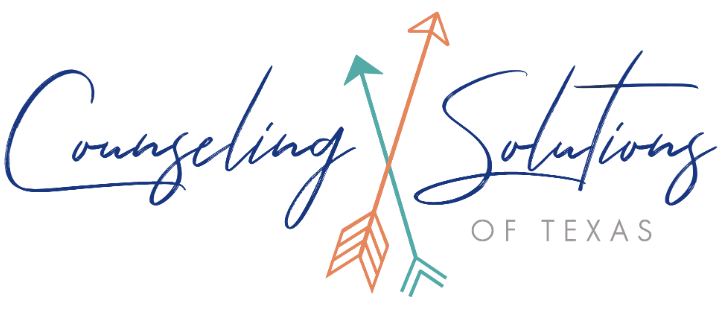I often see disconnection as a common theme that arises in couples therapy. Couples come to me because they are struggling to connect with their partner in the way they want to, although often they are more familiar with the symptoms that are presenting (we are arguing all the time, we don't spend time together, we speak to each other with disdain, we can't agree on the kids or anything). This sort of disconnection, distance or isolation from their partner, can often lead to feelings of frustration, anger, sadness, and hopelessness.
Disconnection can be defined as a lack of emotional or physical closeness between partners. It is often characterized by feelings of isolation, loneliness, and a lack of intimacy. Disconnection can occur for many reasons, including communication breakdowns, conflict, and unresolved issues.
In couples therapy, disconnection can present in many ways. Couples who are disconnected may struggle to share their emotions with one another, and they may feel that their partner is not interested in their feelings or that it is not safe to express themselves. One or both partners may avoid difficult conversations, conflict, or intimacy altogether. This can lead to a further breakdown in the relationship. Disconnection can also lead to a lack of physical intimacy between partners and negative interaction patterns, such as criticism, defensiveness, or stonewalling.
As a therapist, I address disconnection in couples therapy by identifying the underlying causes of the disconnection rather than getting so caught up on the symptoms. This may involve exploring the couple's history, communication patterns, and past traumas. Once I have a better understanding of the root causes of the disconnection, I develop a treatment plan.
To address disconnection in couples therapy, I use techniques such as improving communication, addressing conflict, increasing intimacy, addressing trauma, and improving boundaries. Communication is a key factor in any relationship, and I may teach couples skills such as active listening, validation, and empathy to help them better understand one another. Conflict is inevitable in any relationship, but it is important to learn how to manage conflict in a healthy way. I may teach couples conflict resolution skills to help them work through their issues without damaging their relationship. Intimacy is an important aspect of any romantic relationship, and I work with couples to identify barriers to intimacy and develop strategies to increase physical and emotional closeness. Past traumas can impact a person's ability to connect with others, and I may work with couples to address any past traumas that may be impacting their relationship. Finally, boundaries are an important aspect of any relationship, and I may work with couples to establish healthy boundaries to prevent future disconnection.
Disconnection is a common theme that presents in couples therapy. With the help of a skilled therapist, couples can learn to reconnect and build a stronger, healthier relationship.
As a licensed marriage and family therapist serving Allen, Frisco, Plano, and North Dallas, Dr. Hudson is conveniently located to assist individuals and couples throughout the area in achieving their relationship goals. Click here for more information on the services provided.

